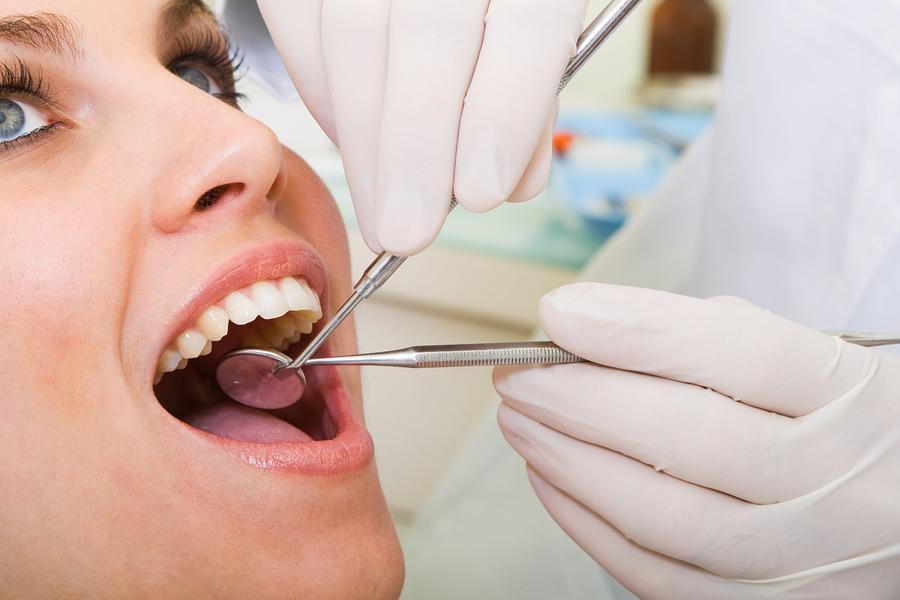Common Inquiries Concerning Oral Veneers Responded To
Dental veneers have become a significantly desired alternative for those seeking to improve their smiles, yet numerous individuals continue to be unsure regarding various aspects of their usage. Secret questions frequently arise pertaining to the application procedure, longevity, and possible dangers connected with these cosmetic improvements. The distinction between porcelain and composite veneers can dramatically influence one's choice. As we discover these typical inquiries, it comes to be necessary to think about not just the benefits yet likewise the implications of deciding for dental veneers in pursuit of an extra positive look. What elements should one weigh prior to making such a decision?
What Are Oral Veneers?
Dental veneers are thin, personalized shells crafted from porcelain or composite resin that are created to cover the front surface area of teeth. These oral prosthetics serve both useful and aesthetic purposes, supplying a remedy for various dental flaws, including staining, chips, voids, and imbalance. By sticking to the teeth, veneers can significantly enhance the general look of a smile, producing an extra attractive and uniform look.
Porcelain veneers are specifically favored for their natural clarity and tarnish resistance, making them a suitable choice for people seeking lasting results. In comparison, composite material veneers are typically less costly and can be used in a solitary visit, but they may not use the very same resilience as porcelain choices.
The choice to select oral veneers frequently comes from a wish for visual enhancement, yet people need to also consider elements such as the longevity of the material, maintenance requirements, and the potential need for tooth reduction (Veneers). Eventually, dental veneers represent a versatile and effective solution for achieving a glowing smile, dealing with specific aesthetic requirements while promoting confidence and self-esteem
Just How Are Veneers Applied?
The application procedure for veneers calls for cautious preparation and accuracy to make sure ideal results. The procedure typically starts with a thorough appointment, where the dentist reviews the person's dental health, discusses wanted results, and identifies the appropriate kind of veneers, whether porcelain or composite material.
Once the therapy plan is established, the dental practitioner prepares the teeth by getting rid of a slim layer of enamel, typically about 0.5 mm to 1 mm, to suit the veneer. This step is crucial as it makes certain an appropriate fit and avoids the veneers from showing up large - Porcelain Veneers Washington DC. After prep work, impacts of the teeth are taken to develop customized veneers that match the client's one-of-a-kind oral framework and aesthetic preferences
While the irreversible veneers are being fabricated in a dental lab, short-lived veneers may be placed to secure the ready teeth. Once the permanent veneers are prepared, the dental practitioner will carefully bond them to the teeth using a strong dental adhesive.
What Are the Conveniences?

Moreover, veneers are understood for their resilience and resistance to tarnishing compared to natural teeth. Made from top notch materials such as porcelain or composite resin, they can preserve their look for years with appropriate treatment. This longevity makes them a useful financial investment in one's oral look.
In addition to aesthetic enhancements, veneers can additionally add to improved oral health and wellness. By covering harmed or weakened teeth, they can offer extra assistance and defense, aiding to stop further decay or degeneration. This safety facet can reduce the need for much more comprehensive oral treatments in the future.

For How Long Do They Last?
With correct try these out care and maintenance, oral veneers can last anywhere from 10 to 15 years, making them a long-lasting option for boosting one's smile. The durability of veneers greatly depends on the material utilized, the top quality of the initial positioning, and the person's adherence to oral hygiene methods.
Porcelain veneers are recognized for their resilience and resistance to discoloration, commonly lasting closer to the 15-year mark when cared for properly. Compound veneers, while extra economical, might call for substitute sooner, frequently within 5 to ten years because of their sensitivity to put on and staining.
:max_bytes(150000):strip_icc()/Dental-Care-Diabetes-Heart-Disease-GettyImages-904657730-2000-d106253af9b54ceba2bad7031cdfc657.jpg)
In addition, putting on a mouthguard during sports or nighttime can give extra security. Inevitably, while veneers provide a substantial aesthetic enhancement, their durability is significantly influenced by the dedication to correct dental care and routine appointments with a dental expert.
Exist Any Kind Of Risks?
Considering the transformative impacts of oral veneers, it is essential to acknowledge the potential dangers connected with their application. While veneers can boost the look of teeth, the procedure involves the removal of a thin layer of enamel, which can enhance tooth level of sensitivity and susceptability to degeneration.
One substantial threat is the opportunity of inappropriate placement or fitting, leading to discomfort, bite misalignment, and even damage to the underlying tooth structure. Additionally, if the veneers are resource not maintained correctly, they can end up being tarnished or broken gradually, demanding substitute.
Patients might additionally experience allergies to the products used in the veneers, particularly if they have level of sensitivities to particular oral compounds. While veneers are resilient, they are not indestructible; excessive pressure from grinding or squeezing can lead to fractures.
It is important for patients to consult with a certified dental professional to evaluate their specific dangers and to follow aftercare instructions faithfully. By comprehending these risks, patients can make enlightened decisions concerning their oral veneer treatment and make certain the durability and success of their enhancements.
Verdict
In summary, oral veneers represent a useful cosmetic remedy for enhancing smiles, with factors to consider concerning their application, benefits, durability, and linked risks. Eventually, educated decision-making regarding dental veneers can lead to adequate visual outcomes and enhanced oral wellness.
Dental veneers are thin, tailor-made coverings crafted from porcelain or composite material that are designed to cover the front surface of teeth. After preparation, perceptions of the teeth are taken to develop Recommended Reading custom veneers that match the client's special oral framework and visual choices.
While the permanent veneers are being fabricated in a dental lab, momentary veneers might be positioned to shield the ready teeth. Once the permanent veneers are ready, the dental expert will very carefully bond them to the teeth making use of a solid oral adhesive. Inevitably, educated decision-making pertaining to oral veneers can lead to sufficient aesthetic outcomes and boosted oral wellness.